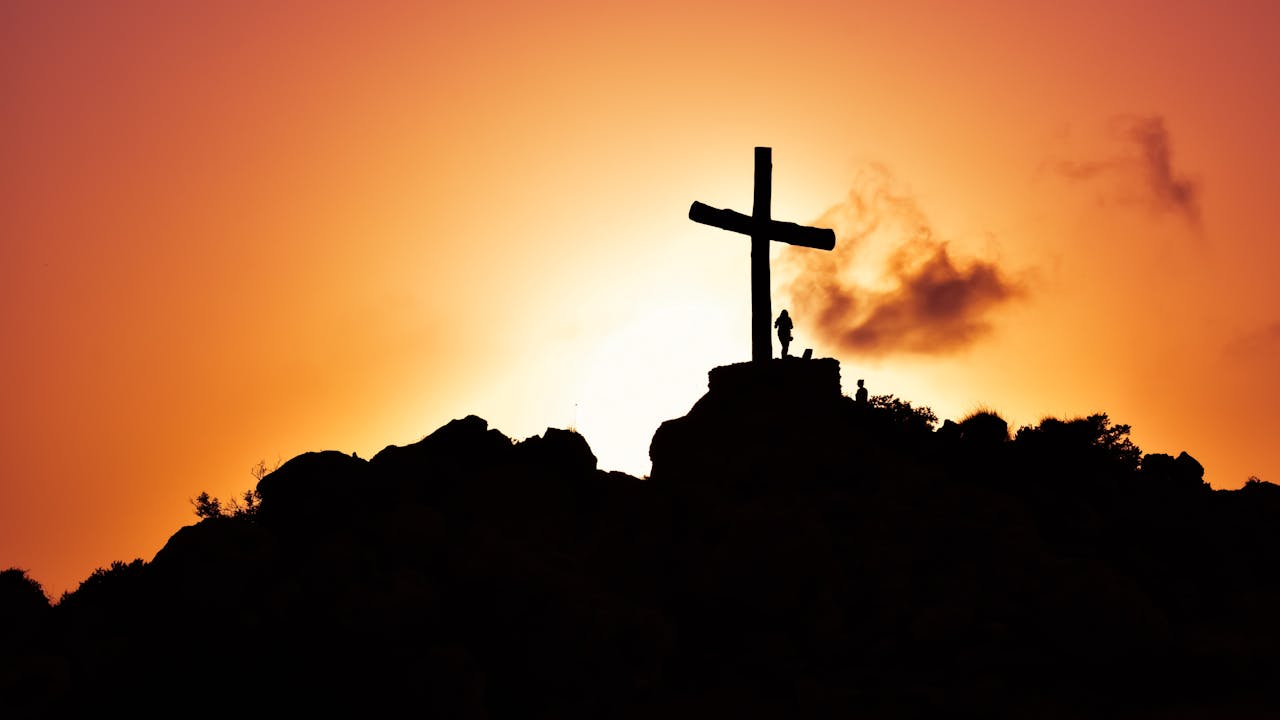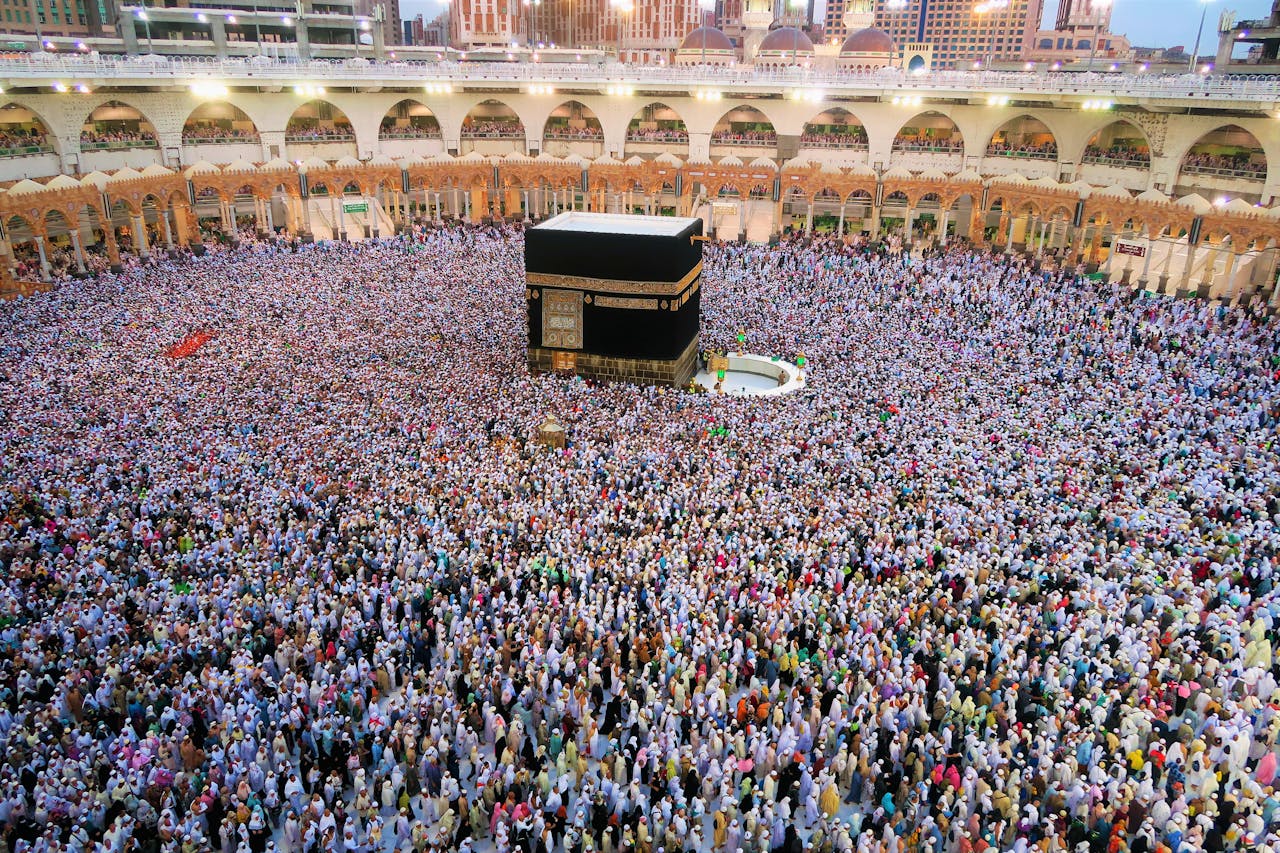The Role of Pilgrimage in Spiritual Life
Pilgrimage has been a significant aspect of spiritual life across various religions and cultures for centuries. It represents a physical journey to a sacred place as well as a metaphorical journey towards spiritual enlightenment and self-discovery. This article explores the multifaceted role of pilgrimage in spiritual life, highlighting its historical significance, religious importance, and personal impact.


Historical Significance of Pilgrimage
- Ancient Traditions: Pilgrimages date back to ancient civilizations, where people traveled to sacred sites to seek divine intervention, offer thanks, or perform religious rituals. These journeys were often seen as rites of passage or expressions of faith.
- Cultural Exchange: Historically, pilgrimages facilitated cultural exchange and the spread of religious ideas. As pilgrims traveled to distant lands, they interacted with diverse cultures, leading to the exchange of knowledge, art, and religious practices.
- Economic Impact: Pilgrimage routes often became bustling trade routes, boosting local economies. Towns and cities along these routes benefited from the influx of pilgrims needing food, lodging, and other services.
Religious Importance of Pilgrimage
- Spiritual Cleansing: Many religions view pilgrimage as a means of spiritual cleansing and purification. It is an opportunity for believers to atone for sins, seek forgiveness, and renew their faith.
- Connection to the Divine: Pilgrimages often lead to places believed to be imbued with divine presence or significance. Visiting these sacred sites allows pilgrims to feel closer to their deity, experience spiritual renewal, and deepen their religious connection.
- Fulfillment of Religious Duties: In several religions, pilgrimage is a fundamental religious duty. For example, in Islam, the Hajj to Mecca is one of the Five Pillars of Islam, an obligation that every Muslim must fulfill at least once in their lifetime if they are able.
Personal Impact of Pilgrimage
- Self-Discovery and Reflection: The physical journey of a pilgrimage often mirrors an inner journey of self-discovery and reflection. The time spent traveling and the challenges faced along the way provide opportunities for introspection and personal growth.
- Community and Fellowship: Pilgrimages are often undertaken in groups, fostering a sense of community and fellowship among participants. Sharing the journey with others creates bonds and offers mutual support, enhancing the overall spiritual experience.
- Sense of Accomplishment: Completing a pilgrimage can be a significant personal achievement. The physical effort and commitment required to reach the destination often result in a deep sense of accomplishment and spiritual fulfillment.
Pilgrimage in Various Religions
- Christianity: Christians have undertaken pilgrimages to sites such as Jerusalem, Rome, and Santiago de Compostela for centuries. These journeys are seen as acts of devotion, penance, and a way to walk in the footsteps of saints.
- Islam: The Hajj to Mecca is a mandatory pilgrimage for Muslims, symbolizing unity, equality, and submission to Allah. The rituals performed during Hajj commemorate the actions of the Prophet Ibrahim and his family.
- Hinduism: Hindus undertake pilgrimages to various holy sites, such as the Kumbh Mela, Varanasi, and Rameswaram. These journeys are believed to purify the soul, wash away sins, and bring spiritual merit.
- Buddhism: Buddhists travel to sites associated with the life of the Buddha, such as Bodh Gaya, Lumbini, and Sarnath. These pilgrimages are acts of devotion and a way to gain merit and deepen one’s understanding of the Buddha’s teachings.
Modern Pilgrimage
- Continued Relevance: Despite technological advancements and changes in society, pilgrimage remains a relevant and meaningful practice. Modern pilgrims often seek a break from their fast-paced lives, finding solace and spiritual rejuvenation in their journeys.
- Secular Pilgrimage: In contemporary times, the concept of pilgrimage has expanded to include secular journeys. People undertake pilgrimages to historical sites, memorials, or natural wonders, seeking personal growth, healing, or a deeper connection to humanity and the world.
- Virtual Pilgrimage: With advancements in technology, virtual pilgrimages have emerged as an alternative for those unable to travel. These virtual experiences aim to provide a semblance of the spiritual benefits associated with physical pilgrimages.


Pilgrimage plays a profound role in spiritual life, offering believers a path to connect with the divine, seek personal transformation, and fulfill religious duties. It is a journey that transcends physical boundaries, touching the soul and enriching the spirit. Whether undertaken for religious reasons or personal growth, pilgrimages continue to inspire and transform lives, highlighting the enduring importance of this ancient practice in our modern world












